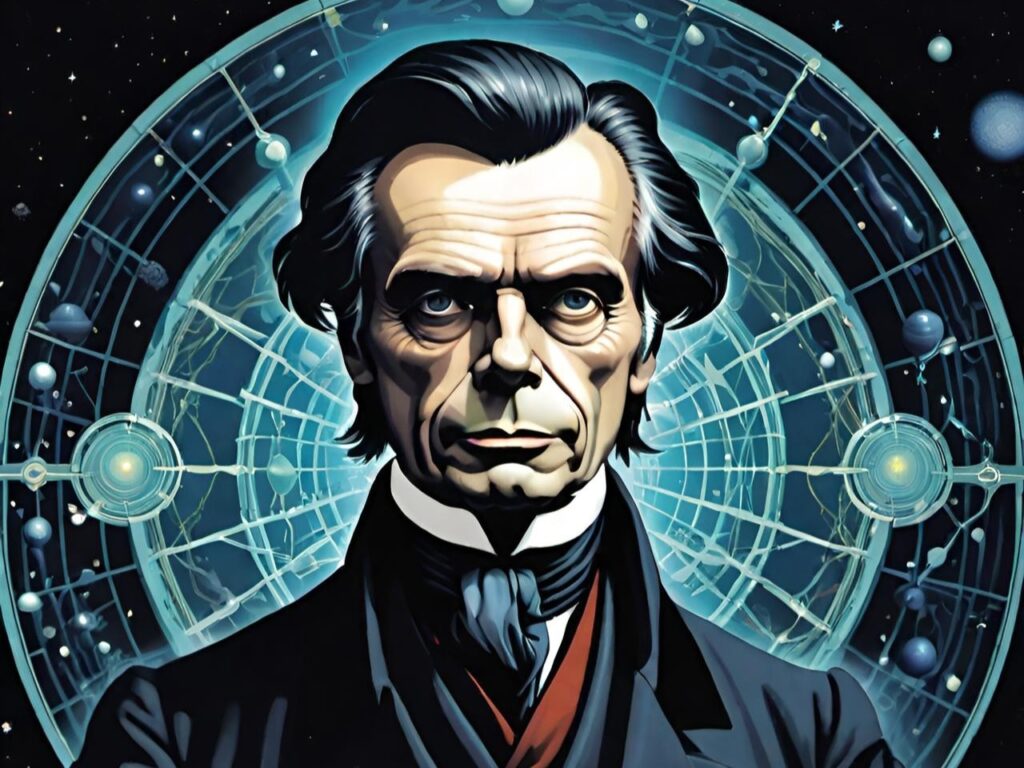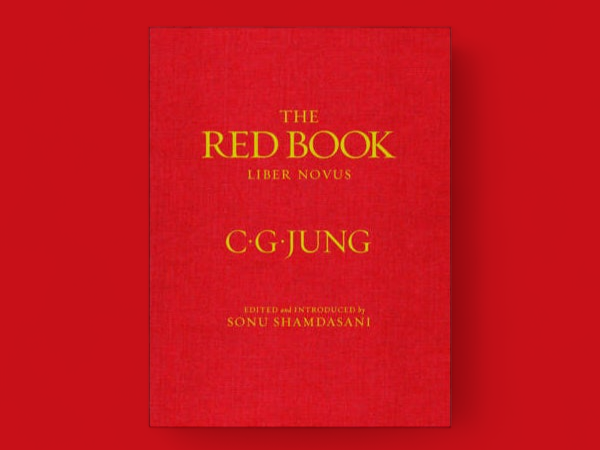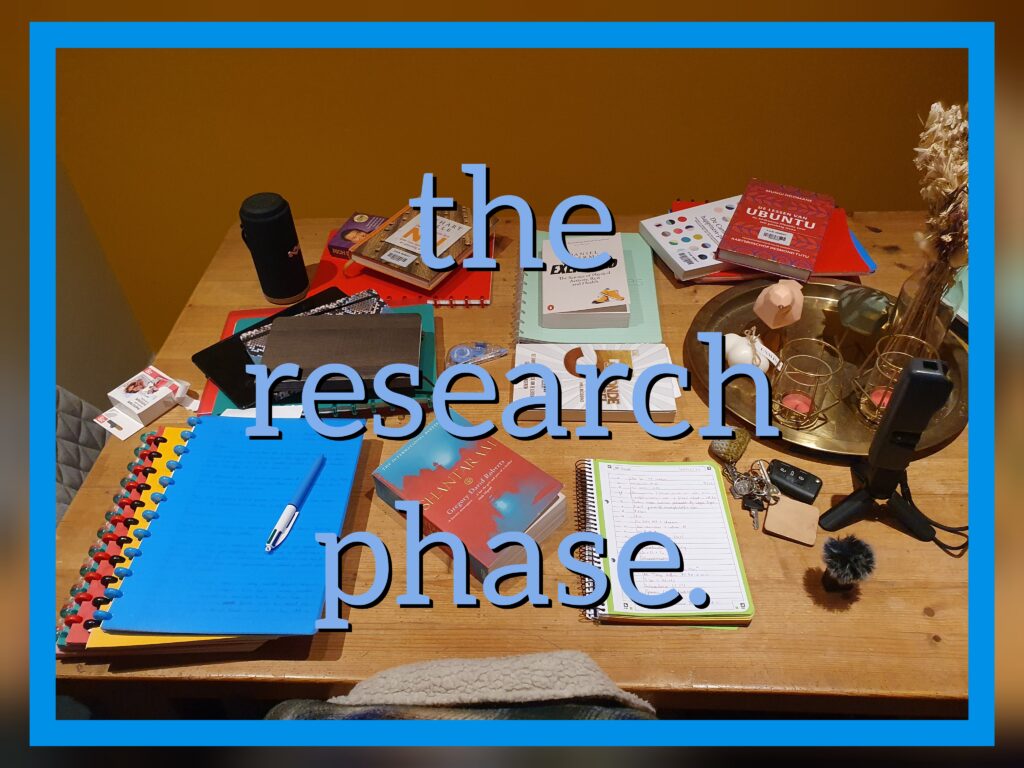In his final literary offering, “Mortality,” the late Christopher Hitchens confronts the most universal of human experiences: our mortality. Published posthumously, this profound and poignant memoir chronicles Hitchens’ battle with esophageal cancer and his reflections on life, death, and the human condition. With his characteristic wit, intellect, and unflinching honesty, Hitchens invites readers on a thought-provoking journey that challenges conventional notions of existence. One quote in particular resonates deeply: “I don’t have a body, I am a body.” This article examines the power and significance of Hitchens’ book, exploring its themes, impact, and the lasting legacy it has left behind.
“Mortality” is an intensely personal account of Hitchens’ battle with cancer and his contemplation of the inevitable. With unapologetic candor, he shares the physical and emotional toll the disease exacts on him while also reflecting on the broader implications of mortality. Hitchens delves into the complexities of facing one’s mortality head-on, grappling with the existential questions that arise when confronted with the fragility and transience of life.
Philosophical Reflections On Life and Death
Throughout “Mortality,” Hitchens engages in profound philosophical musings on the nature of life and death. He challenges traditional religious beliefs, exploring the concept of an afterlife and the role of faith in the face of mortality. Hitchens, known for his staunch atheism, presents a rational and reasoned perspective on the meaning of life and the inevitability of death. His unyielding intellectual rigor shines through, compelling readers to reexamine their own beliefs and confront uncomfortable truths about the human condition.
The Power of Language and Expression
As a celebrated writer and orator, Hitchens demonstrates his mastery of language and the power of expression in “Mortality.” Despite his declining health, he retains his sharp wit and incisive prose, infusing the book with his distinctive voice. Hitchens’ ability to articulate complex ideas with elegance and clarity makes “Mortality” a profoundly engaging read. This makes the last pages of “Mortality” all the more painful. The juxtaposition between the eloquence of his writing compared to the unfinished sentences, murmuring, fever-dream expressions of the final pages is heartbreaking. His writing serves as a reminder of the transformative power of literature, enabling us to grapple with profound concepts and find solace in the shared human experience.
Impact and Legacy
“Mortality” has had a lasting impact on readers worldwide. Hitchens’ unflinching exploration of mortality resonates with individuals facing their own mortality or navigating the loss of loved ones. His willingness to confront death head-on and his refusal to shy away from difficult questions inspire readers to reflect on their own lives and find meaning in the face of mortality. “Mortality” also serves as a testament to Hitchens’ intellectual legacy, solidifying his reputation as a profound thinker and masterful wordsmith.
Continuing the Conversation
In many ways, “Mortality” continues the ongoing conversation about life and death that has captivated philosophers, writers, and thinkers throughout history. Hitchens’ contribution to this discourse is unique, injecting his personal experience and worldview into the conversation. By sharing his own journey and inviting readers to contemplate their mortality, Hitchens encourages a deeper understanding and acceptance of the finite nature of existence. “Mortality” prompts us to engage in introspection, to cherish our lives, and to seek meaning and purpose in the face of our shared destiny.
Conclusion
Christopher Hitchens’ “Mortality” is a powerful and thought-provoking work that explores the complexities of life, death, and the human experience. With his characteristic wit and intellectual prowess, Hitchens confronts his own mortality and invites readers to join him on this profound journey. The quote, “I don’t have a body, I am a body,” encapsulates the book’s central theme of grappling with the existential nature of being. Through his unyielding honesty, philosophical reflections, and masterful writing, Hitchens leaves a lasting legacy that challenges readers to confront their own mortality and find meaning in the face of life’s most profound questions. “Mortality” serves as a testament to the power of literature to illuminate the human condition and ignite conversations that transcend time.




